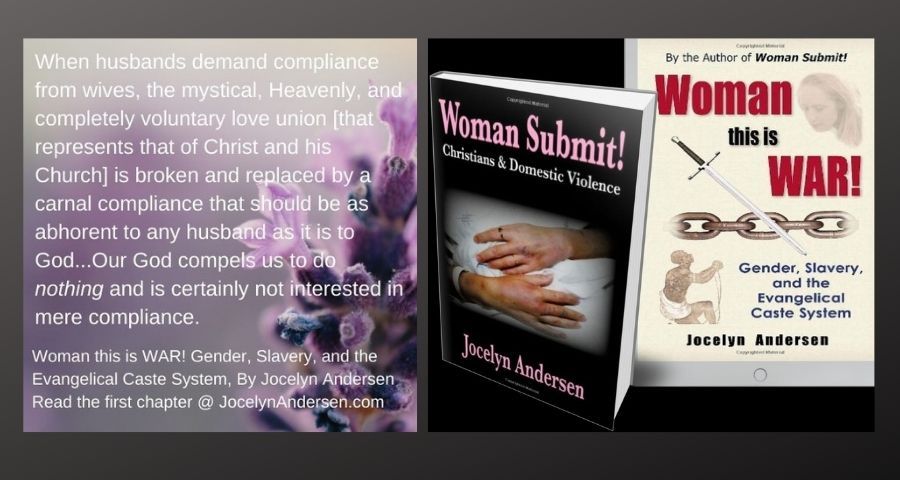Exodus 23:14 Three times you
shall keep a feast to me in the year 15: You shall keep the Feast of Unleavened
bread You shall eat unleavened bread seven days as I commanded in the time
appointed of the month Abib for in it you came out from Egypt and none shall
appear before me empty 16: And the Feast of harvest The First Fruits of your
labors which you have sown in the field and the Feast of Ingathering which is
in the end of the year when you hast gathered in your labors out of the field 17:
Three times in the year all your males shall appear before Adown YHWH[1]
[1] We know from the story of Hannah (Samuel’s
mother) and Jesus (at age 12), that women and children were not excluded from attending
the Feasts of the Lord. Women often accompanied the men to the Feasts of YHWH
held in Shiloh and then later in Jerusalem. The command for only males to
appear before God (three times each year) was not intended to snub women and
certainly did not exclude them from worship. This was an exemption—not an exclusion—and a merciful one at that. Requiring
entire families to make the trek three times every year would no doubt have
been a financial and physical drain on poor families (inns and food were not
free, even in those days). Poor families with small children would be forced to
travel on foot, and this would have been an ordeal for children as well as for pregnant
and nursing mothers. Caesar showed no such mercy to women and children when he
required every Israelite to travel to the cities of their birth to register and
be taxed. Mary (the mother of Jesus) was compelled to travel in the ninth month
of her pregnancy and forced to give birth in the most unsanitary conditions—among
animals in a filthy stable.


No comments:
Post a Comment